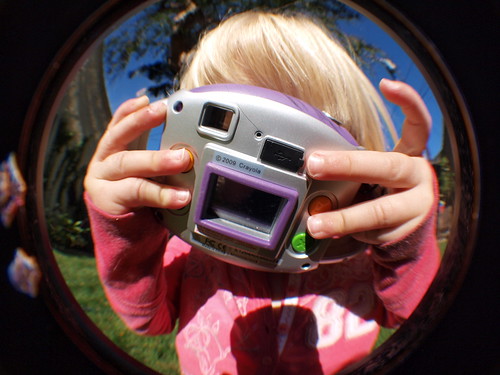 p
p f
f -l
-l )
)ADVERB:
- In a hopeful manner.
- Usage Problem It is to be hoped: "Marriage is a coming together for better or for worse, hopefully enduring" (William O. Douglas).
Usage Note:
Writers who use hopefully as a sentence adverb, as in Hopefully the measures will be adopted, should be aware that the usage is unacceptable to many critics, including a large majority of the Usage Panel. It is not easy to explain why critics dislike this use of hopefully. The use is justified by analogy to similar uses of many other adverbs, as inMercifully, the play was brief or Frankly, I have no use for your friend.And though this use of hopefully may have been a vogue word when it first gained currency back in the early 1960s, it has long since lost any hint of jargon or pretentiousness for the general reader. The wide acceptance of the usage reflects popular recognition of its usefulness; there is no precise substitute. Someone who says Hopefully, the treaty will be ratified makes a hopeful prediction about the fate of the treaty, whereas someone who says I hope (or We hope or It is hoped) the treaty will be ratified expresses a bald statement about what is desired. Only the latter could be continued with a clause such as but it isn't likely.·It might have been expected, then, that the initial flurry of objections to hopefullywould have subsided once the usage became well established. Instead, critics appear to have become more adamant in their opposition. In the 1969 Usage Panel survey, 44 percent of the Panel approved the usage, but this dropped to 27 percent in our 1986 survey. (By contrast, 60 percent in the latter survey accepted the comparable use of mercifully in the sentence Mercifully, the game ended before the opponents could add another touchdown to the lopsided score.) It is not the use of sentence adverbs per se that bothers the Panel; rather, the specific use of hopefullyin this way has become a shibboleth.















